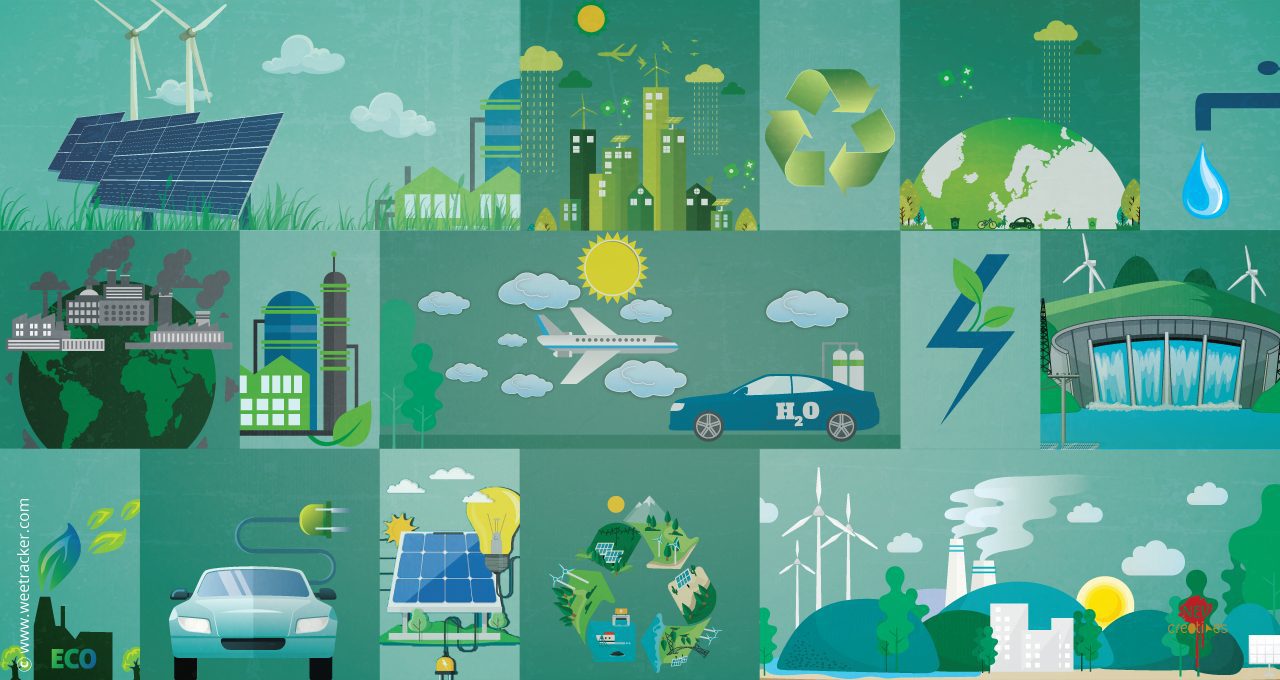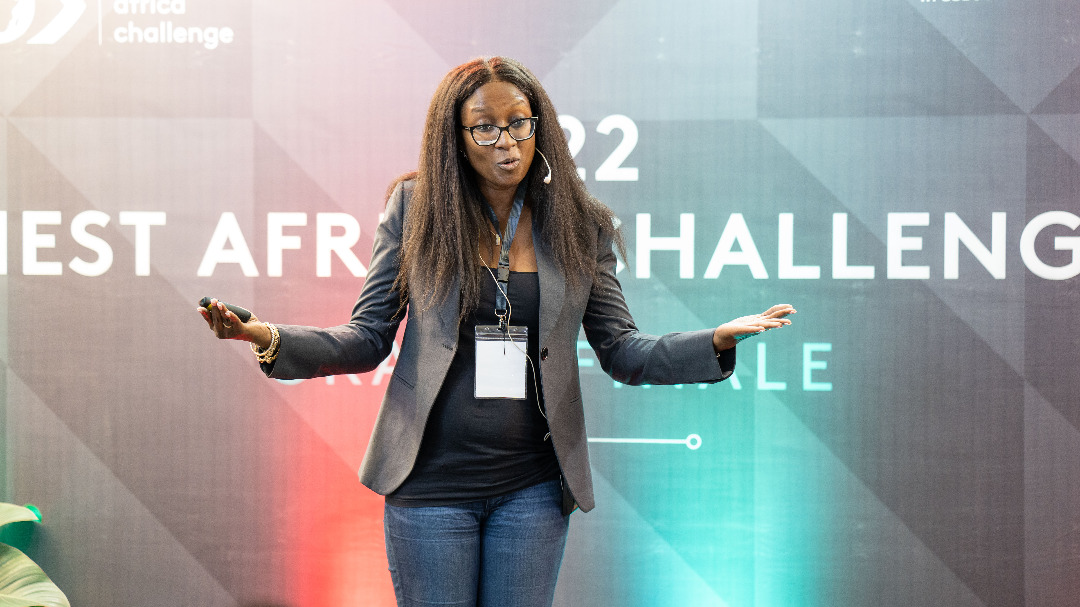Nigeria, the most populous country in Africa, is home to a vibrant and growing cleantech sector.
In recent years, Nigerian cleantech startups have attracted attention and funding from local and international investors, as well as recognition from prestigious awards and programmes. These startups are tackling some of the most pressing challenges facing the country and the continent, such as energy access, climate change, pollution, and poverty.
Arnergy: Distributed renewable energy for businesses and homes
One of the leading cleantech startups in Nigeria is Arnergy, founded in 2013 by Femi Adeyemo and Kunle Odebunmi. Arnergy specialises in distributed renewable energy products and services for businesses and homes, using solar panels, lithium batteries, and smart meters. Arnergy’s solutions are designed to provide reliable, affordable, and clean energy to customers who are underserved or off-grid by the national grid.
The startup has installed over 2 MW of electricity for over 2,000 customers across Nigeria, and aims to extend its reach through mini-grid developers. Arnergy has also received over $15 million in funding from various sources, including All On, an off-grid energy impact investment company, Breakthrough Energy Ventures, a fund endorsed by Bill Gates and other billionaires, ElectriFI, a European Union initiative, and Norfund, a Norwegian development finance institution. Arnergy was also on the Breakthrough Energy Ventures Top 5 Cleantech list by Bill Gates in 2021. Arnergy obtained $3 million in new financing from All On, a Shell-backed off-grid energy impact investment company, in February 2024, in addition to the $9 million Series A round it obtained in 2019 from various sources, including Breakthrough Energy Ventures, ElectriFI, and Norfund.
Read also: Google announces Cleantech Accelerator in the Middle East and Africa
Solconomy: Solar microgrids for community markets
Another promising cleantech startup in Nigeria is Solconomy, founded in 2021 by Okoye, Esther and Terwase. Solconomy builds and operates solar microgrids in community markets, using a pay-as-you-go subscription model. Solconomy’s microgrids provide clean and affordable energy to small businesses and shops, enabling them to extend their operating hours, charge their devices, and use other productive appliances.
Several markets in Owerri, Imo State, have Solconomy’s microgrids installed, and the startup aims to expand to other states in Nigeria. The Clean Tech Hub Incubation Program 2021, a programme funded by the European Union and run by All On and the Co-Creation Hub, has supported the startup with mentorship, training, and funding for cleantech startups in Nigeria.
Retreasure: Recycling electronic waste into energy products
Retreasure is another innovative cleantech startup in Nigeria, founded in 2020 by Fakolade, Oluwafemi and Samuel. Retreasure uses proprietary technology to recycle electronic waste, such as old laptops, phones, and batteries, into energy products, such as solar home systems, solar-powered lamps, and power banks. Retreasure’s products are aimed at providing access to clean and affordable energy to low-income households and communities, while also reducing electronic waste pollution and creating employment opportunities.
Several organisations, including the Lagos State Waste Management Authority, the Lagos State Ministry of Environment, and the Lagos State Employment Trust Fund, have partnered with Retreasure to collect and process electronic waste. The startup has also received several awards and grants, such as the UNIDO Global Cleantech Innovation Programme 2022, the Tony Elumelu Foundation Entrepreneurship Programme 2021, and the Ford Foundation Social Impact Challenge 2020, which support its innovative recycling technology.
Nigeria, UNIDO, GEF Partner To Meet Clean Energy, Climate Action SDGs
The future of cleantech in Nigeria
Nigerian cleantech startups are not only making a positive impact on the environment and society, but also creating a new wave of innovation and entrepreneurship in the country. These startups are also tapping into the huge market potential and funding opportunities for cleantech in Nigeria and Africa.
The International Finance Corporation reported that Nigeria could have $142 billion in climate investment opportunities by 2030, with renewable energy ($82 billion), green buildings ($31 billion), and waste ($23 billion) being the largest segments. In addition, Briter Bridges reported that the cleantech sector in Africa got $1.4 billion in funding in 2020, which was 34% of the total funding for African startups.
With these trends and prospects, Nigerian cleantech startups are poised to play a key role in the transition to a low-carbon and sustainable economy, not only in Nigeria, but also in Africa and the world.
















